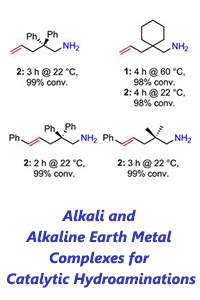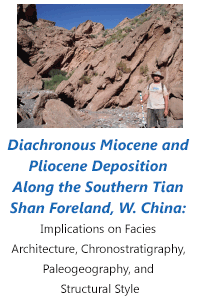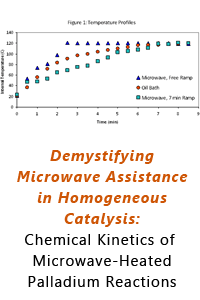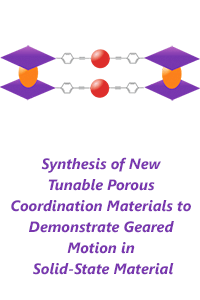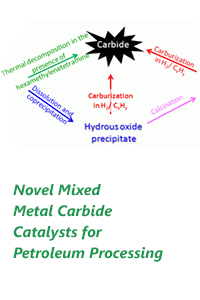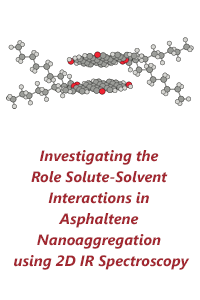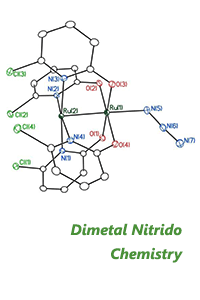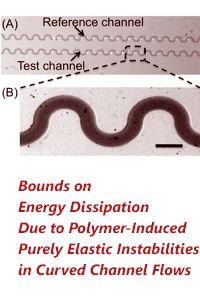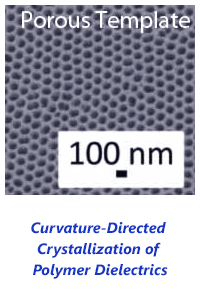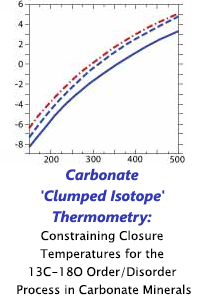57th Annual Report on Research 2012 Under Sponsorship of the ACS Petroleum Research Fund
Reports: UNI550258-UNI5: Studies of Charge Transfer Across the Interface Between a Small Aqueous Phase (<1femto liter) and a Bulk Organic Phase
Peng Sun, PhD, East Tennessee State University
There are wide applications of the system in which tiny heterogeneous droplets (Vdroplet <10-15 Liter) dispersed in another bulk phase. Such systems include cells and microemulsion etc. The study of charge transfer across the interface between a small aqueous (or organic) phase and a bulk organic (or aqueous) phase are of fundamental importance for life science and enhanced oil recovery etc.
According to our proposed research, we plan to study charge transfer across the interface between a small organic phase and a bulk aqueous phase. The key to the success of this study is to fix a small organic droplet on the surface of a nanometer-sized electrode so as to get a platform to electrochemically study the aforementioned system. In last year, we studied the modification of nanometer-sized electrode. The modification of nanometer-sized electrodes is important to the formation of a stable hydrophobic droplet on a nanometer-sized electrode. The modified nanometer-sized electrode has been characterized by using electrochemical methods and scanning electron microscopy. We also studied the kinetics of fast and slow electrochemical reactions on the modified nanometer-sized electrode. Our results show that the electrochemical response of a slow electrochemical reaction is not a Butler-Volmer response if the electrode is small enough. One master’s student and two undergraduate students involved in this project.
By dipping the modified nanometer-sized electrode in 6-(mercaptohexyl)ferrocene, 1,2-Dichloroethane (DCE) solution, 1,2-Dichloroethane (DCE) droplets containing 6-(mercaptohexyl)ferrocene could be formed on the nanometer-sized electrode. The average radius of the DCE droplets is around several nanometers. A stable liquid/liquid interface is then formed when the droplets modified nanometer-sized electrode is immersed in aqueous solution. Oxidation of 6-(mercaptohexyl)ferrocene on a nanometer-sized electrode can induce anion transfer across the liquid/liquid interface. The half wave potential of the transfer of anion across the organic droplets/aqueous solution interface induced by the oxidation of 6-(mercaptohexyl)ferrocene has a negative shift compared with the same reaction across a normal sized liquid/liquid interface. Our result shows that the volume has a relatively big effect on ion transfer across the interface between organic solution and aqueous solution, especially when the volume is smaller than femto liters.

